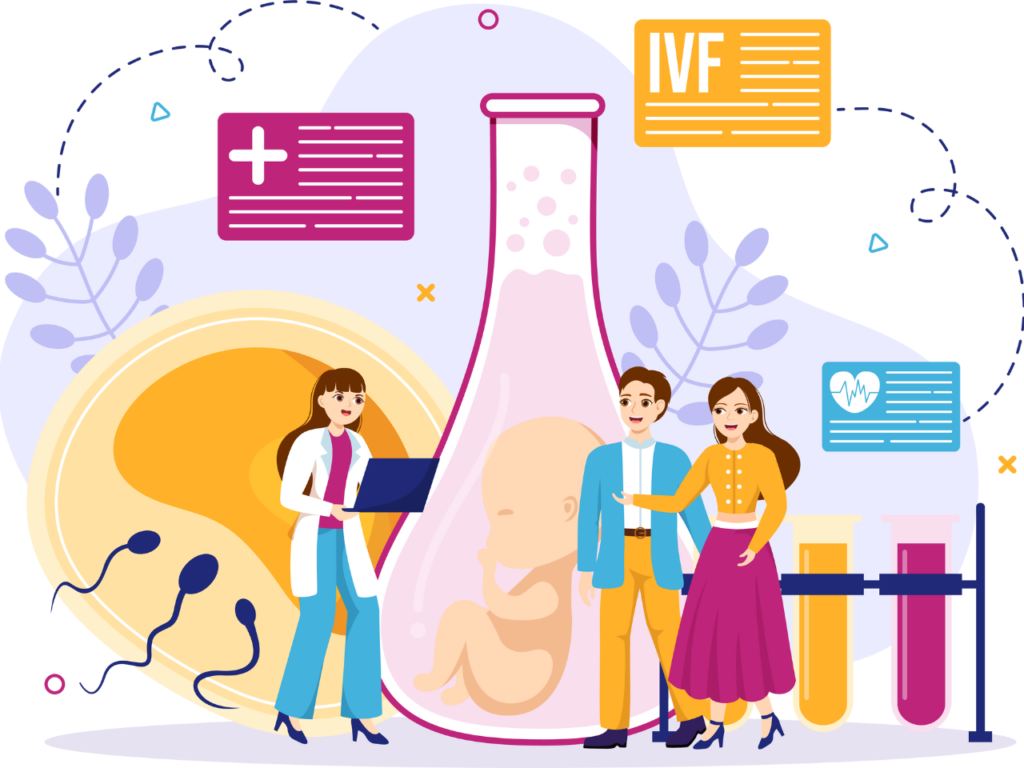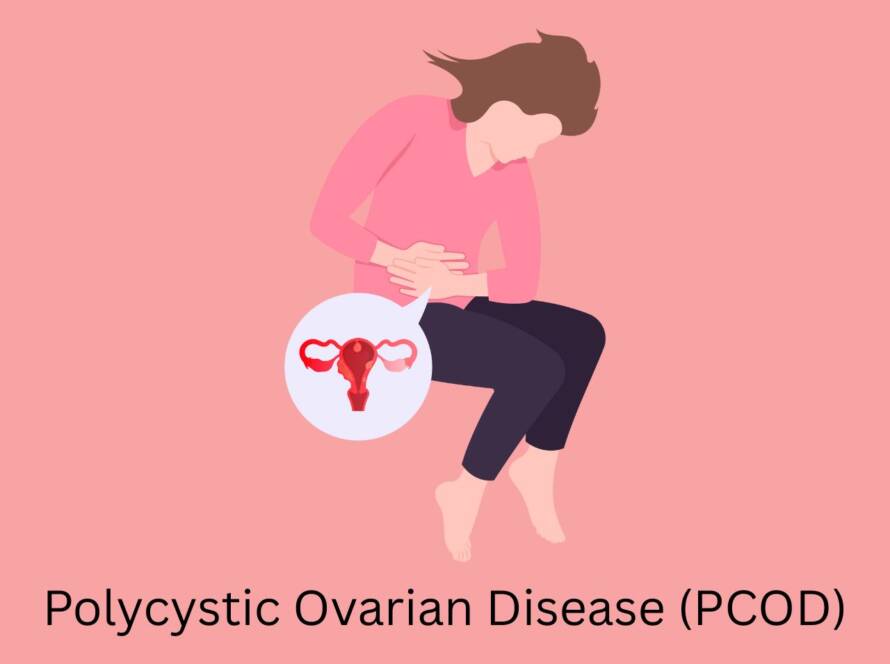When trying to conceive, couples facing infertility are often presented with two common assisted reproductive technologies—Intrauterine Insemination (IUI) and In Vitro Fertilization (IVF). While both aim to help you achieve pregnancy, their procedures, success rates, costs, and suitability vary significantly. Understanding the differences between IUI and IVF can help you make the right choice in your fertility journey.
What is IUI (Intrauterine Insemination)?
IUI is a relatively simple and less invasive fertility treatment. It involves placing washed and concentrated sperm directly into the uterus around the time of ovulation. The goal is to increase the number of sperm that reach the fallopian tubes to facilitate fertilization.
Ideal Candidates for IUI:
- Couples with unexplained infertility
- Women with mild endometriosis
- Mild male factor infertility (e.g., low sperm count or motility)
- Women using donor sperm
- Couples where the male partner experiences ejaculation issues
Success Rate of IUI:
- Women under 35: 10%–20% per cycle
- Women over 40: 5% or less per cycle
IUI success depends on factors like age, fertility diagnosis, and whether ovulation-inducing medications are used.
IVF is a more advanced and effective fertility treatment. It involves stimulating the ovaries to produce multiple eggs, retrieving the eggs, fertilizing them with sperm in a lab, and transferring the best embryo(s) into the uterus.
Ideal Candidates for IVF:
- Blocked or damaged fallopian tubes
- Moderate to severe endometriosis
- Male infertility (very low sperm count or motility)
- Women with PCOS not responding to other treatments
- Recurrent IUI failures
- Couples seeking genetic testing (PGT)
Success Rate of IVF:
- Women under 35: 40%–50% per cycle
- Women 35–37: 35%–40%
- Women 38–40: 25%–30%
- Women over 40: 10%–20%
Success can also vary based on embryo quality, lab standards, and underlying fertility issues.

Feature | IUI | IVF |
Invasiveness | Minimally invasive | More invasive (egg retrieval, lab work) |
Cost per cycle | ₹8,000–₹15,000 | ₹1.2 lakh–₹2.5 lakh+ |
Success rate (under 35) | 10%–20% | 40%–50% |
Multiple births risk | Lower | Higher (especially with multiple embryo transfer) |
Time to results | 1–3 cycles | Often 1–2 cycles |
Diagnostic capabilities | Limited | Advanced (includes PGT options) |
The right fertility treatment depends on several personal factors:
- Age: IVF tends to be more effective for women over 35.
- Diagnosis: IVF is preferred for severe conditions (blocked tubes, severe endometriosis).
- Budget: IUI is significantly more affordable and often tried first.
- Past Treatment Attempts: After multiple failed IUIs, IVF may be the next step.
- Time Sensitivity: IVF may be faster for those who can’t afford to wait due to age or medical concerns.
In some cases, doctors may recommend starting with IUI and moving to IVF if unsuccessful after 2–3 cycles.
Cost is often a deciding factor. While IUI is cheaper, it has lower success rates, which may result in multiple cycles. IVF is costlier but more efficient for many. Additionally, IVF can be emotionally and physically demanding, so counseling and support are recommended during the process.
FAQs
Yes. IVF generally has higher success rates compared to IUI, especially in women over 35 or with complex fertility issues.
Doctors often recommend 3–4 IUI cycles before considering IVF, depending on your age and fertility diagnosis.
Both use fertility medications, but IVF typically involves stronger hormone injections to stimulate multiple eggs, while IUI may involve mild stimulation or natural cycles.
Yes, if IUI proves unsuccessful after a few cycles or if your diagnosis changes, you can transition to IVF under your fertility specialist’s guidance.
IVF is more invasive and involves procedures like egg retrieval, which may cause temporary discomfort. However, these are done under anesthesia or sedation to minimize pain.
Conclusion
Both IUI and IVF are effective fertility treatments, but they cater to different needs and situations. If you have a mild fertility issue and are under 35, IUI could be a good starting point. However, for more complex cases or older age groups, IVF offers a higher chance of success. Consulting with a fertility specialist will help you determine the best approach tailored to your medical history, goals, and timeline.
Remember, every fertility journey is unique—what matters most is finding the path that aligns with your body, your circumstances, and your dreams.




